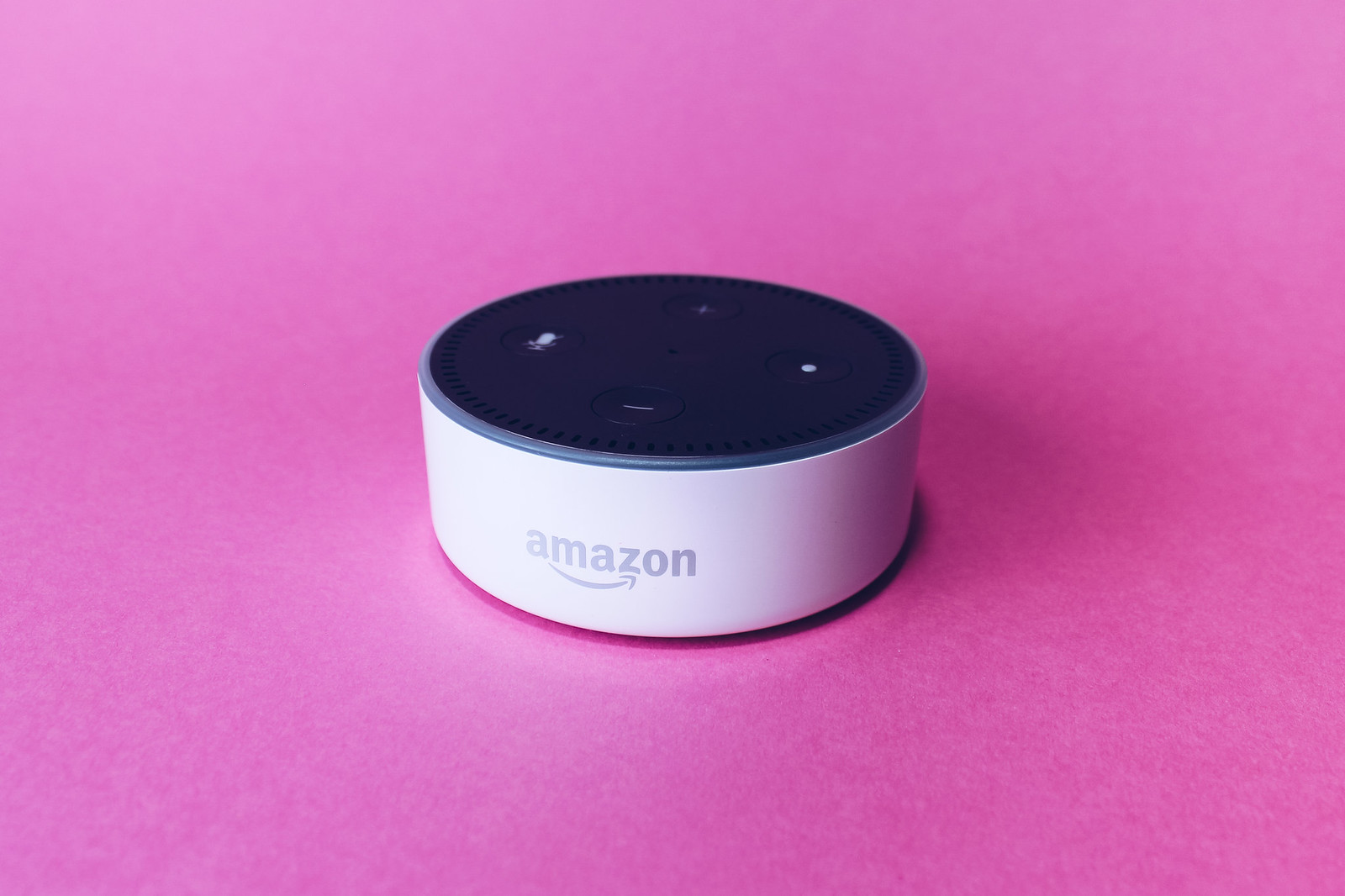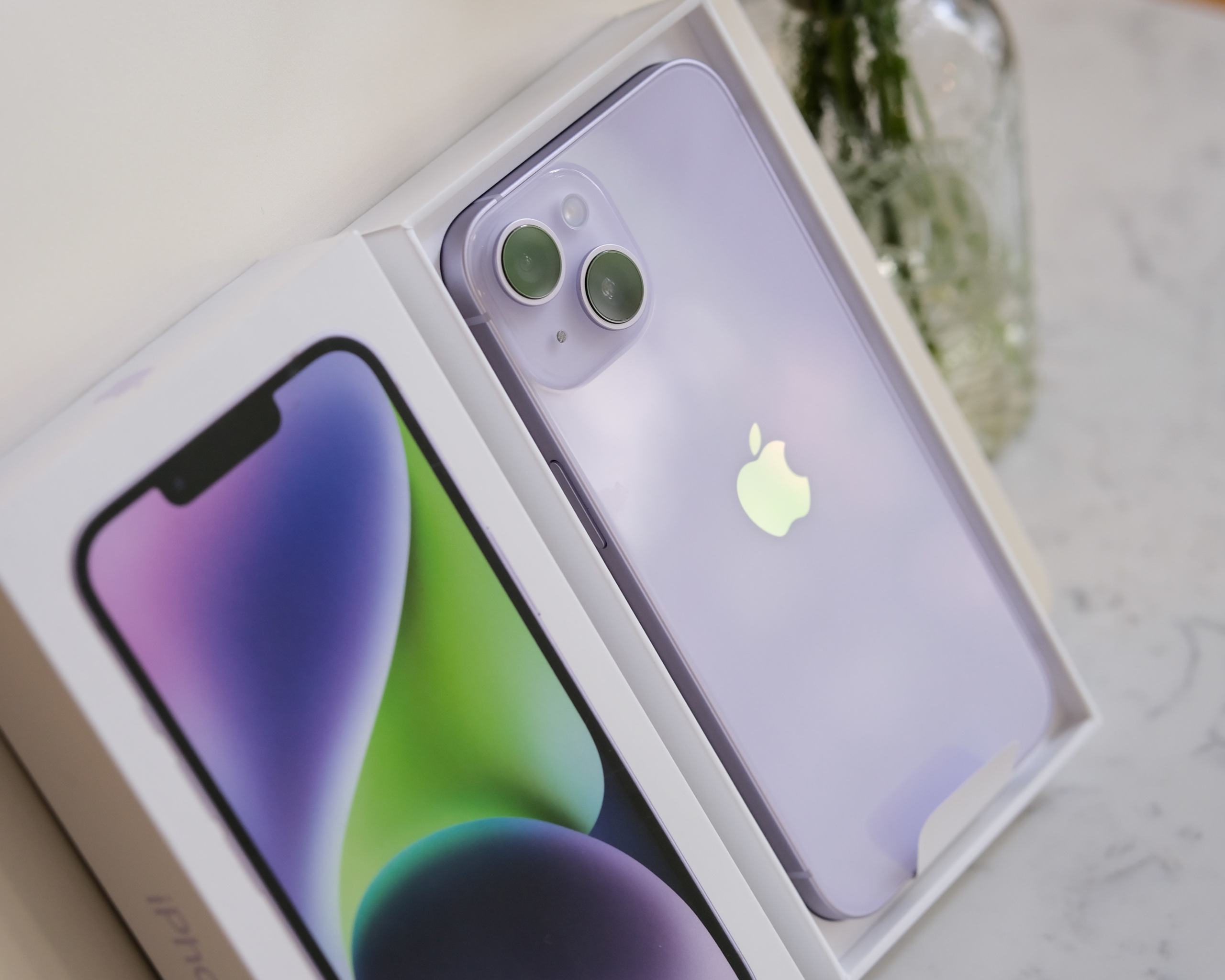
Can You Hear Us Now?
A Report on How the Cell Phone Industry Has Failed Consumers
In the summer of 2004, MASSPIRG surveyed 874 of its members to gauge Bay State consumers’ satisfaction with their cell phone service. This survey reveals that cell phone companies are not providing Massachusetts customers with the level of service quality that subscribers expect.
Downloads

Consumers increasingly rely on cell phone service to meet their basic communication needs. The use of wireless communications has skyrocketed over the past few years, jumping from approximately 24 million subscribers in 1994 to an estimated 170 million today. Along with the growth in the industry has come an increase in consumer complaints. In fact, complaints to the Federal Communications Commission (FCC), the agency charged with overseeing competition in the wireless industry, increased almost 40 percent between 2002 and 2003, significantly outpacing the 13 percent growth in subscribers during that time period.
The problems consumers experience with wireless service have taken on increasing importance as more consumers begin to use their cell phones as substitutes for traditional landline phones. Unlike traditional phone service, wireless service is largely unregulated. The FCC has failed to enact even the most basic consumer protection regulations, instead relying almost exclusively on competition and market forces to protect wireless subscribers. Unfortunately, competitive pressures alone are inadequate for ensuring that consumers are treated fairly in the wireless marketplace.
In survey after survey, cell phone subscribers reveal chronic dissatisfaction with the wireless industry. Consumers report difficulty comparing cell phone plans because information on terms, pricing and service is not presented in a uniform
manner. Carriers often fail to clearly disclose the true cost of their plans, adding on various surcharges to consumers’ bills. Consumers also cannot adequately judge the quality of the cellular service in their area before choosing a plan. Moreover, consumers who are fed up with their carriers’ billing errors and poor coverage are often locked into long-term contracts with hefty early termination fees.
In the summer of 2004, MASSPIRG surveyed 874 of its members to gauge Bay State consumers’ satisfaction with their cell phone service. This survey reveals that cell phone companies are not providing Massachusetts customers with the level of service quality that subscribers expect.
Specifically:
• Only 57 percent of respondents were mostly or very satisfied with their cell phone service, with fewer than 15 percent rating themselves as very satisfied;
• More than 42 percent said they had experienced a billing problem with their provider during their contract; and
• More than 68 percent of respondents reported having problems with the quality of cell phone service, including dropped calls, lack of coverage, and poor sound quality.
To make matters worse, recent mergers within the industry threaten to reduce competitive pressures on carriers to offer better deals and service. Fewer carriers competing for consumers’ business will likely translate into higher prices and lower quality service for cell phone subscribers.
The rising swell of customer dissatisfaction with the cell phone industry demonstrates a need for additional consumer protections. While the FCC has taken a “hands-off” approach to wireless regulation, states can play an important role in establishing a set of basic service quality and customer service standards. States should provide cell phone users with a bill of rights that includes the following provisions:
• All wireless contracts and marketing materials should clearly spell out the terms of the contract in an easy-to-read, standardized format. The disclosures should be made available and accessible to consumers comparing prices and services among competing carriers.
• Cell phone bills should be clearly organized. Consumers should be able to dispute billing errors through the state utility commission. Providers should not treat the disputed portion
of the bill as late or terminate the contract for non-payment if a complaint is pending with the state.
• The state utility commission should monitor service quality. Data should be collected and made publicly available so consumers can compare signal strength, dropped call counts and dead zones across carriers.
• Consumers should have a risk-free trial period during which they can cancel any new service contract without penalty. This trial period would give consumers time to evaluate whether the cell phone service works where and how it was promised. Consumers should have 30 days to cancel a contract after
receiving the first bill so that they may verify representations regarding the cost of service.
• Contracts should be for no longer than one year, with an option for renewal.
• Carriers should obtain customers’ express permission prior to making cell phone numbers public. They should not charge a fee for keeping the number private.
Topics
Find Out More


Junk fees should be banned, U.S. PIRG tells FTC

How to use iPhone privacy settings 2024
